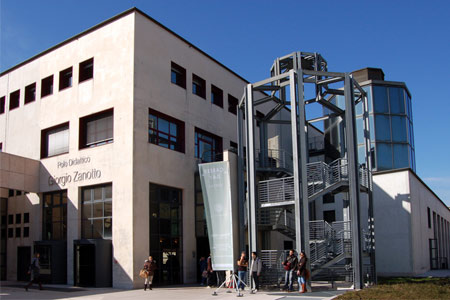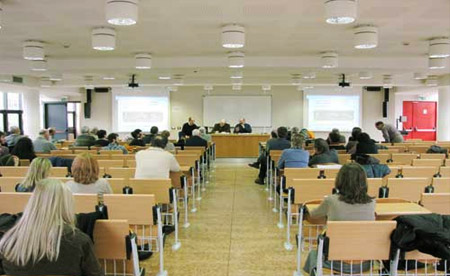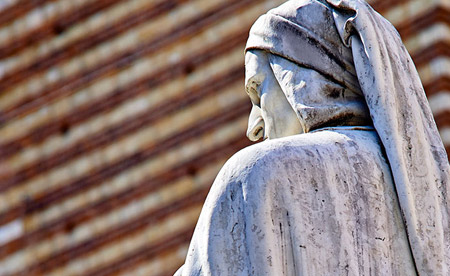- Authors:
-
Arcangeli, Alessandro
- Title:
-
Exercise for Women
- Year:
-
2016
- Type of item:
-
Contributo in volume (Capitolo o Saggio)
- Tipologia ANVUR:
- Contributo in volume (Capitolo o Saggio)
- Language:
-
Inglese
- Format:
-
A Stampa
- Book Title:
-
Sports and physycal exercise in early modern culture: new perspectives on the history of sports and motion
- Publisher:
- Routledge
- ISBN:
- 9781472411945
- Page numbers:
-
147-163
- Keyword:
-
physical exercise, early modern women, medical discourse
- Short description of contents:
- In the vocabulary of early modern European languages, ‘physical exercise’ was one of the key categories covering a significant part of what we ordinarily conceive as sport. It goes without saying that the semantic overlap between the two notions – and their historical sociocultural contexts – is only partial. More to the point, it may be worth mentioning that more than one paradigm was available to contemporary people in their understanding and practice of the body in motion. On one hand, the Galenic tradition tended to only acknowledge the physical benefit of exercise undertaken with the purpose of preserving or restoring health, as if not just the materiality of gesture, but rather the specificity of reasons and intentions mattered. If taken literally, this line of thought recognized leisure only to leisure classes, and the gift of a healthy body solely to the well-off who could afford to set time, resources and efforts apart for the pure end of fitness. There co-existed, however, a countertrend, by which peasants and manual labourers, rather than being scorned for the heaviness of their bodies, were at least nominally envied by other writers of health advice books because they kept themselves constantly active and therefore fit.The position of women was significantly intertwined with the ambiguities and contradictions of this discourse. Notions of manliness and femaleness clearly influenced shared understandings of the propriety of each sport for a given section of the population; reciprocally, customs and bodily practice could actively reinforce those gendered notions. The ‘gentle sex’ was supposed to move softly and rarely. The epitome of such conception was offered by the notion of agitatio or passive exercise – being carried on a sedan chair, coach or boat, rather than moving by oneself – a moderate form of motion which was regarded as befitting women, children and the elderly. Robert Burton’s recommendations for melancholic women express this tendency in a paradoxical way: although the latter need to keep themselves occupied, his stereotypical references – from needlework and gentle gardening to gossip and prayer – contain very little physical activity.In his 1553 Libro del ejercicio corporal y de sus provechos, the Spanish physician Cristóbal Méndez went into further detail and expressly addressed the issue of women and work. In a chapter ‘del exercicio particular de las mugeres’, he acknowledged that for many women physical activity was far from lacking from daily life. Therefore, it was specifically wealthy señoras who were in need to occupy themselves with pasatiempos, here again centred on the production of textile artefacts. A short, final paragraph also praised the benefits of singing for nuns. Nuns are, in fact, a category with a distinctive medical literature: when Bernardino Ramazzini devoted a chapter to them in his De morbis artificum (1700), inactivity was once more the key source of preoccupation.Obviously practice did not always follow theory, and, for instance, even the normative literature testifies of transgressions, thus providing information on women’s engagement in the lively sports that were customary on the occasion of a series of festivals.
- Product ID:
-
92438
- Handle IRIS:
-
11562/945794
- Last Modified:
-
November 4, 2022
- Bibliographic citation:
-
Arcangeli, Alessandro,
Exercise for Women
Sports and physycal exercise in early modern culture: new perspectives on the history of sports and motion
,
Routledge
,
2016
,
pp. 147-163
Consulta la scheda completa presente nel
repository istituzionale della Ricerca di Ateneo 








